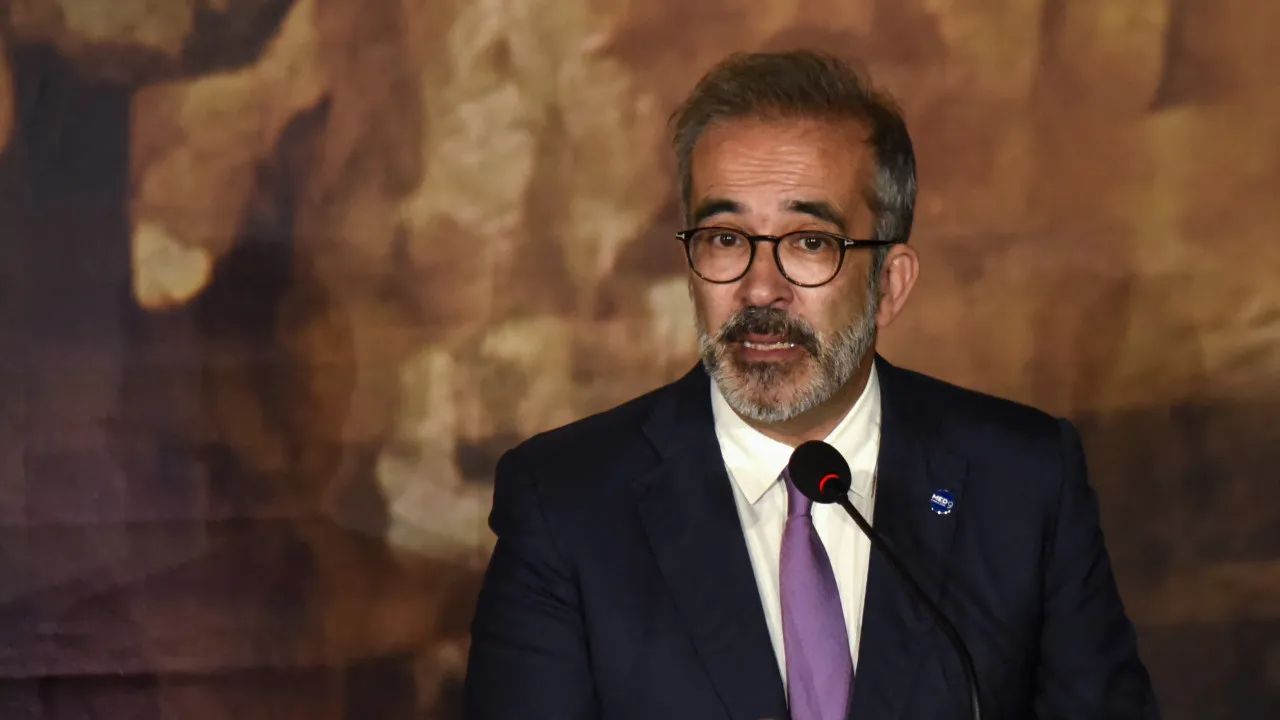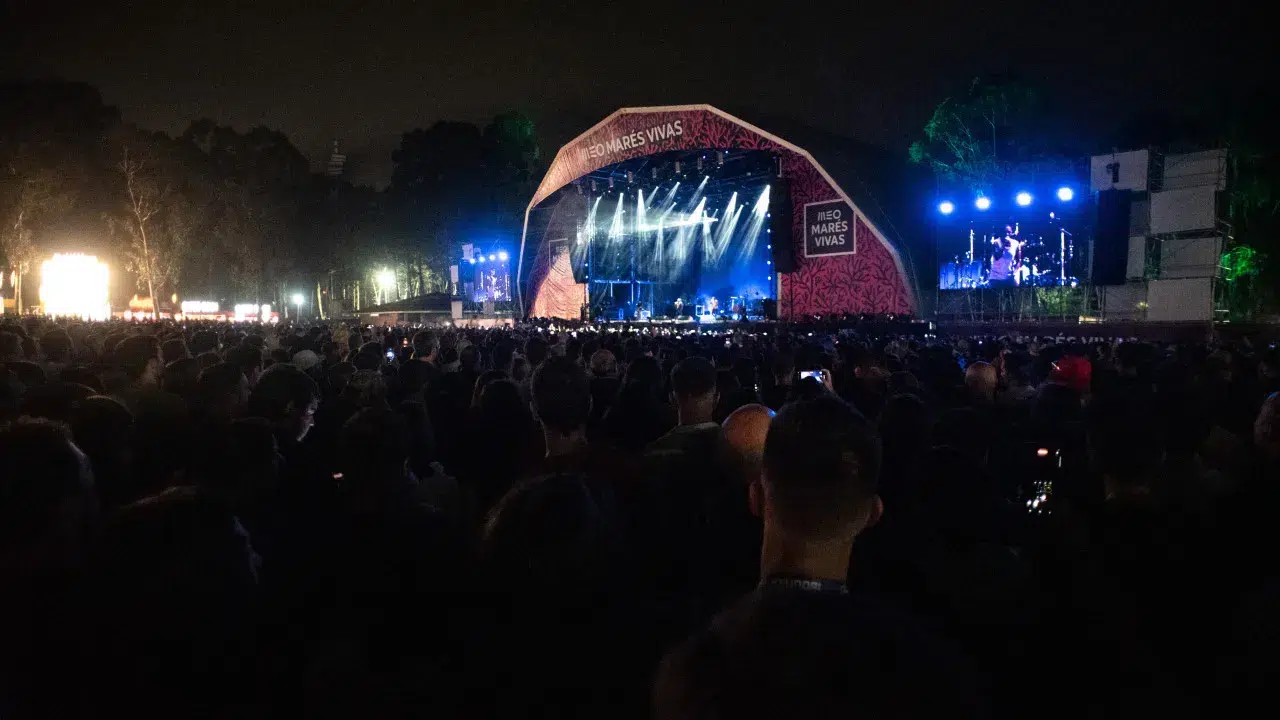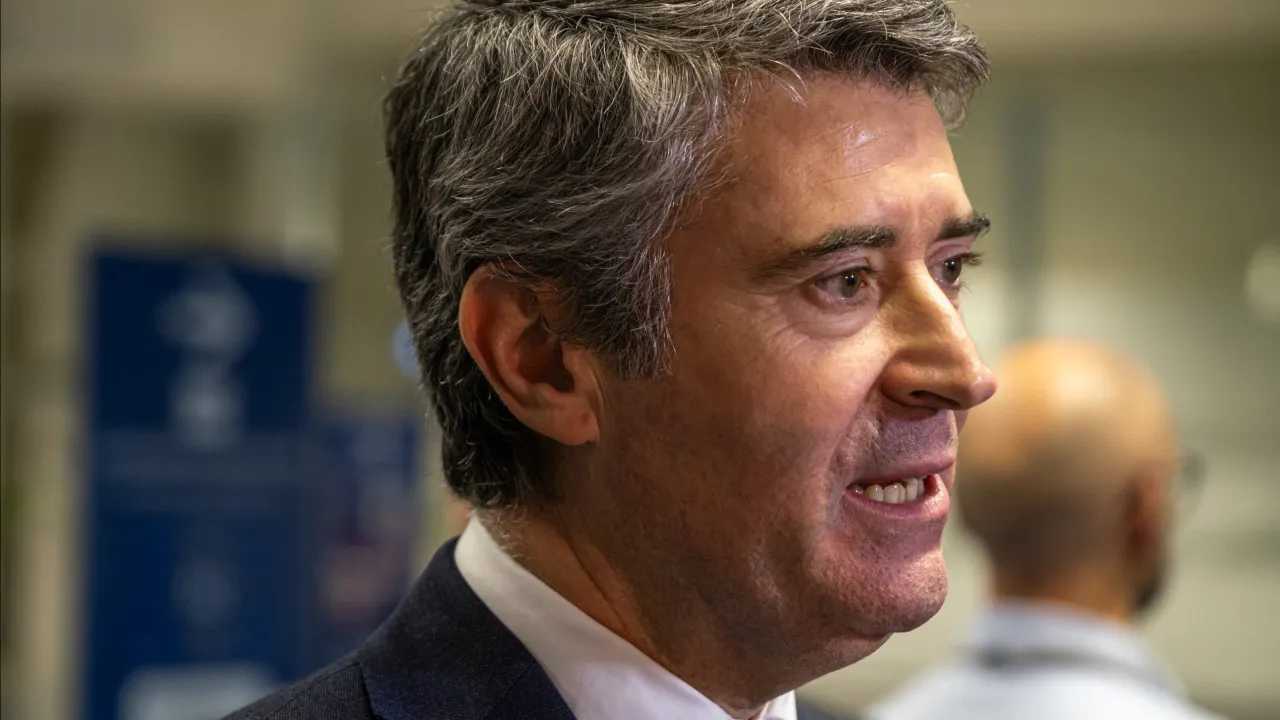
Portugal opposed a reference to the food insecurity of Palestinians in Gaza in the CPLP declaration, prompting protests from the PS, BE, and Livre. Paulo Rangel stated on SIC Notícias that this issue pertained to a “marginal document” of the summit, where specific conflicts were deemed irrelevant.
The PS demanded an “immediate explanation” from the government regarding Portugal’s opposition to a reference to food insecurity in Gaza and expressed a desire to hear from Paulo Rangel in parliament. Both the Livre and PCP called Lisbon’s stance unjustifiable.
The discussion surrounding the inclusion of Palestinian food insecurity concerns did not pertain to the final CPLP declaration but rather to a statement from a council on food and nutritional security, which should not address conflicts, according to Paulo Rangel.
Rangel explained, “Conflicts are addressed in the main final declaration, not in sectoral declarations,” acknowledging that the Portuguese delegation opposed the inclusion of specific issues in the declaration of the CPLP’s Security and Nutritional Council.
He stated, “If we want to condemn something related to the Israeli-Palestinian conflict, it should be within the conflict sectors found in the final declaration.” He also emphasized that Portugal was fully open to addressing specific conflicts, although “unfortunately two states opposed addressing it conflict by conflict, opting only for generic references.”
Rangel recalled his participation in a meeting of CPLP foreign ministers a year ago, where “references to the conflict” in Palestine were included.
During the summit in Bissau, “in the debate on the final declaration, two states did not want to include references to human rights, international law, self-determination, state sovereignty, and multilateralism.” He added that it took “two hours to convince these two states to include at least these points in the declaration,” including “a reference to last year’s CPLP foreign ministers’ meeting declaration mentioning Gaza, Ukraine, Sudan, and others.”
Rangel expressed indignation over the PS associating with the criticisms from Livre and PCP, stating, “The other parties are not accustomed to governing and do not understand these mechanisms, but the PS knows well what is at stake in CPLP summits.”
“Did the PS ever recognize Palestine? On April 1, 2024, they were still in government. During the ‘geringonça’ government, did BE and PCP do anything about it?” Rangel questioned, adding, “António Costa’s government had an authorization to export arms to Israel, and I was the one who revoked it.”
He further stated, “The only government in Portugal that voted in favor of the full membership of the Palestinian Authority at the UN was the government led by Dr. Luís Montenegro in June last year.” Rangel also downplayed the absence of the Portuguese President at the summit, noting that Brazil, Angola, and Equatorial Guinea also did not send their heads of state.
“The judgment made was that this level of representation was appropriate,” he emphasized.
“Portugal’s participation was dignified,” he stated, adding, “We are in the same position as Brazil and Angola; I believe we are in good company.”
The CPLP Summit of Heads of State and Government concluded on Friday without a decision on who would succeed in presiding over the organization after Guinea-Bissau, with member states divided into two blocs.
During the discussion, which took place behind closed doors, Equatorial Guinea claimed the presidency of the CPLP between 2027 and 2029, asserting it was their turn. On the other side, Brazil presented itself as a candidate.
The African Portuguese-Speaking Countries (PALOP) supported Equatorial Guinea’s claim, while Lisbon, Brasília, and Dili remained united in advocating for Brazil to take over the presidency post-Guinea-Bissau.
A stalemate persisted for hours without member states reaching a consensus, and the topic, although scheduled for the Council of Ministers, was not even discussed during the meeting of member states’ foreign ministers on Thursday.




